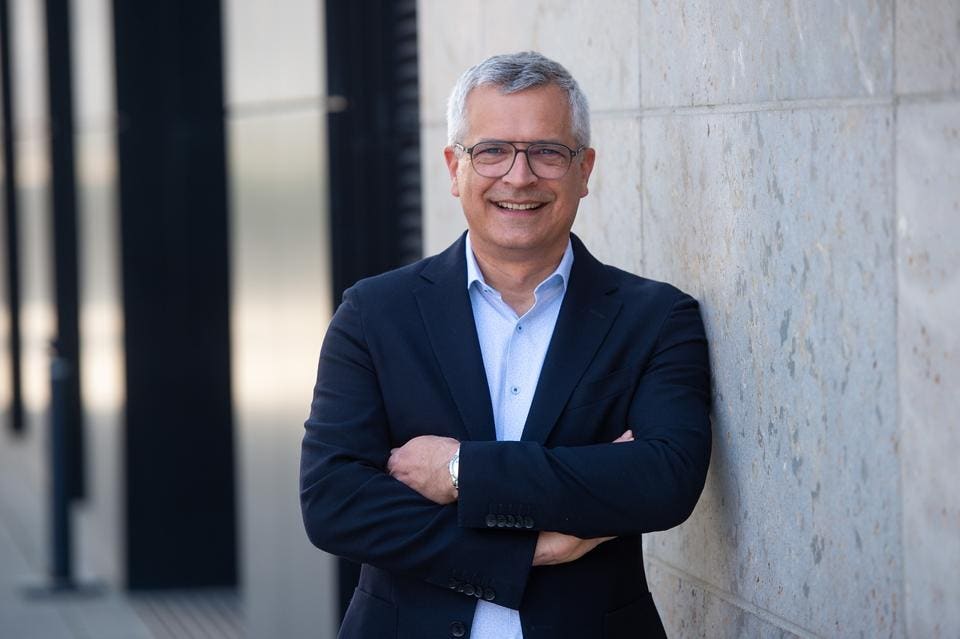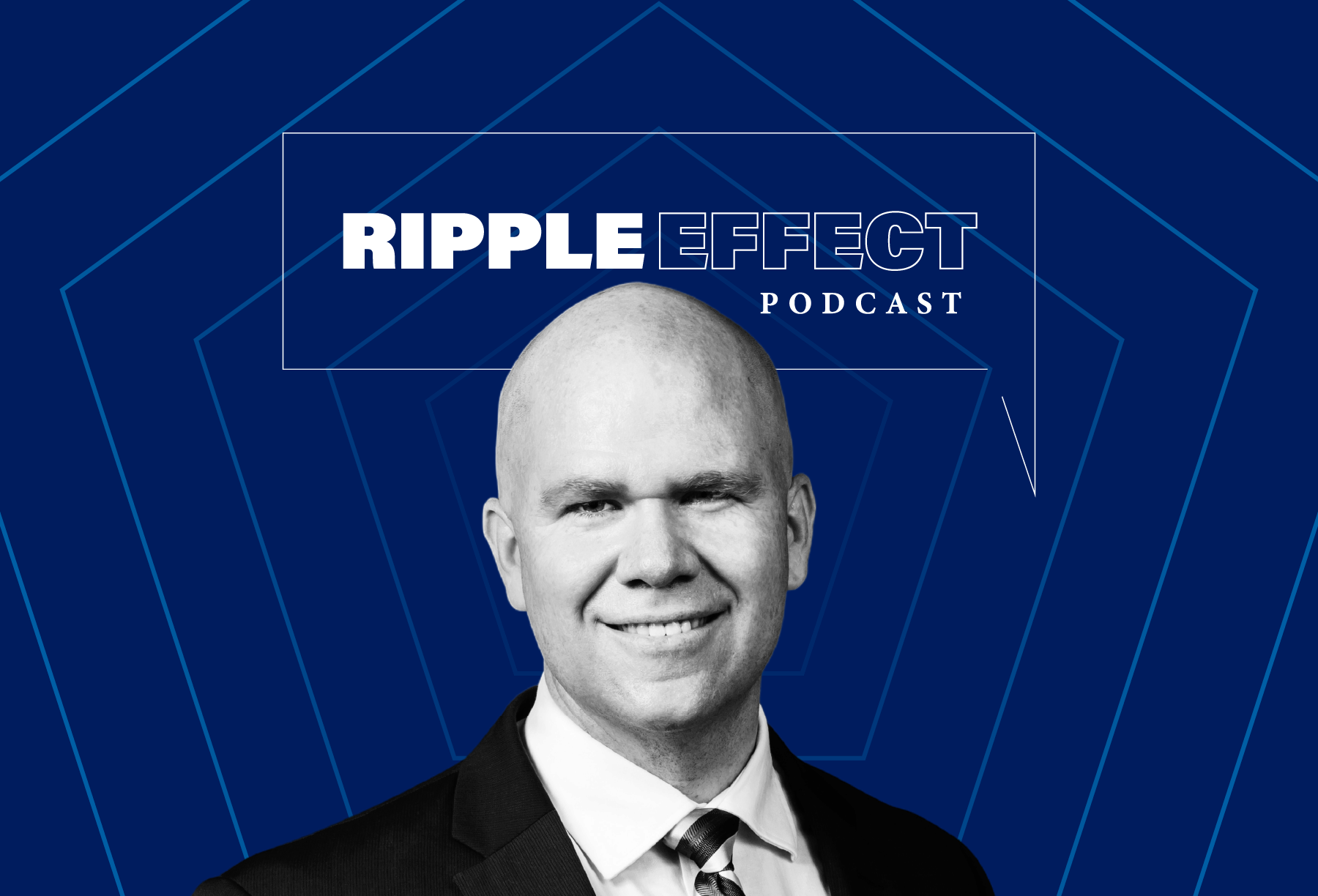As the automotive industry pivots towards electric and software-driven vehicles, the financing arms of car manufacturers are quietly undergoing their own transformation. The finance divisions, traditionally known as profit powerhouses for car companies, now face new challenges and opportunities as consumer perspectives on car ownership evolve.
In Stuttgart, Germany, Franz Reiner, Chairman of Mercedes-Benz Mobility AG, shared insights into this evolution. Mercedes-Benz Mobility AG, the financial and mobility services arm of the Mercedes-Benz Group AG, provides customers with financing, leasing, and insurance solutions. With over three decades in the automotive finance industry, Reiner has seen the shift from vehicle ownership to leasing. He recalls the days when cash was the sole mode of vehicle purchase, a stark contrast to today when nearly half of Mercedes-Benz vehicles are leased or financed.
The Future of Vehicle Financing
Reiner envisions a future where vehicle financing shifts from ownership to usership. Leasing has become mainstream, and customers are increasingly drawn towards flexible options like rentals and bundled products. “Customers are more interested in mobility than in owning cars,” Reiner notes. Mercedes-Benz aims to offer a range of flexible products from weekly leases to second-based rentals, converging these into a one-stop-shop focusing on convenience and top-notch financial services.
Mercedes-Benz is actively exploring new financing products and services. Reiner highlights the importance of maintaining close ties with insurance companies, providing seamless services particularly to the younger tech-savvy consumers. The integration of digital payment solutions like ‘Mercedes pay’ also plays a critical role, allowing in-car payments for various services within the Mercedes ecosystem.
The Future of Charging
Mercedes-Benz is advancing rapidly in electric vehicle charging infrastructure, hoping to surpass competitors by offering not only desirable electric vehicles but also a compelling charging ecosystem. Reiner aims to provide customers with an unparalleled charging experience, integrating smart charging solutions and bidirectional charging to transform EVs into mobile energy storage systems.
Under Reiner’s leadership, Mercedes-Benz is expanding its public charging infrastructure. The company plans to build around 45,000 fast-charging points worldwide by the end of the decade, integrated into the MB.CHARGE Public network. Collaboration with other manufacturers and investment in charging hubs further supports this expansion.
Mercedes-Benz’s ‘Ambition 2039’ initiative aims for a net carbon-neutral vehicle fleet, supported by technological advancements such as the new CLA model’s rapid charging capabilities. With coordinated innovation in autonomous driving, digital payment systems, and comprehensive service packages, Mercedes-Benz is poised to lead in sustainable and advanced mobility solutions for the future.
Note: This article is inspired by content from https://www.forbes.com/sites/sarwantsingh/2025/05/20/the-future-of-vehicle-financing-foreseen-by-the-chairman-of-mercedes-benz-mobility/. It has been rephrased for originality. Images are credited to the original source.







